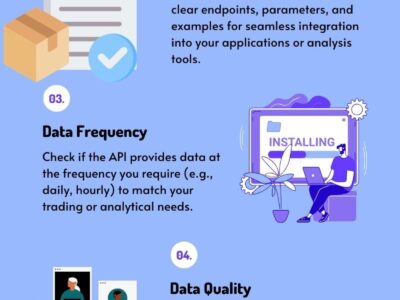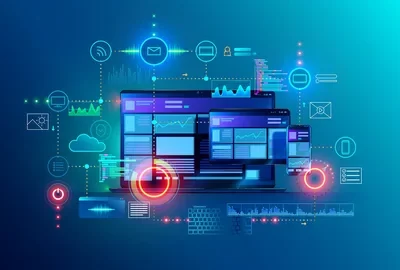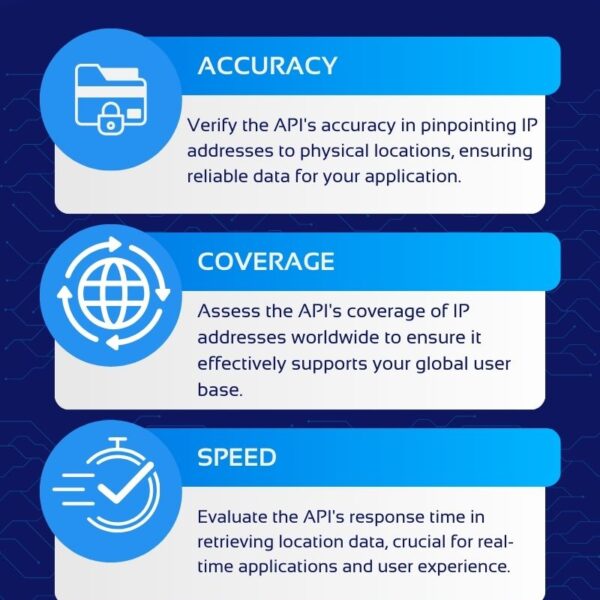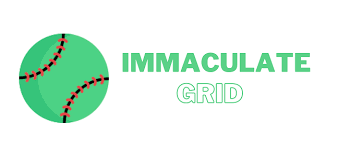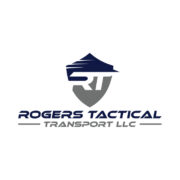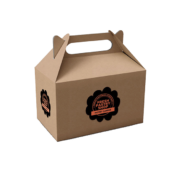
Healthcare facilities must adhere to strict regulatory requirements to ensure the safety and well-being of patients, staff, and visitors. Managing these requirements can be a daunting task, particularly when relying on manual methods. Healthcare compliance software offers a streamlined, automated approach to maintaining up-to-date compliance documentation. This article explores the key aspects of regulatory requirements in facility compliance applications and the benefits of using healthcare compliance software.
The Importance of Compliance in Healthcare Facilities
Ensuring Patient Safety
Compliance with healthcare regulations is crucial for ensuring patient safety. Regulations such as the Health Insurance Portability and Accountability Act (HIPAA) and the Joint Commission standards mandate strict protocols for managing patient information, maintaining sanitary conditions, and ensuring emergency preparedness.
Legal and Financial Implications
Non-compliance with healthcare regulations can result in severe legal and financial consequences, including fines, penalties, and loss of accreditation. Maintaining accurate and accessible compliance documentation helps mitigate these risks.
Key Features of Healthcare Compliance Software
Centralized Action Plans
Healthcare compliance software allows for the centralized storage of action plans required for emergencies. These plans can be organized under appropriate compliance codes, simplifying the process of preparing for surveys and regular emergency preparedness activities.
Automated Inspection Logs
Manual inspection logs are prone to errors and can be time-consuming to maintain. Healthcare compliance software automates the logging of inspections, ensuring accuracy and reducing administrative burdens.
Preventive Maintenance
Regular maintenance of facility equipment is essential for compliance and safety. Healthcare compliance software helps schedule and track preventive maintenance activities, ensuring that all equipment is in proper working order.
Secure Online Storage
Storing compliance documentation in the cloud ensures that it is always available, secure, and backed up. This eliminates the risk of loss, damage, or misplacement of physical documents.
Instant Access and Sharing
During surveys or emergencies, instant access to compliance documentation is critical. Healthcare compliance software provides mobile tools that allow facility managers to access and share documents quickly and efficiently.
Benefits of Healthcare Compliance Software
Increased Productivity
Automating compliance tasks reduces the time and effort required for administrative work, allowing facility managers to focus on other important tasks. This leads to increased productivity and efficiency.
Improved Accuracy
Manual processes are susceptible to human error. Healthcare compliance software minimizes the risk of mistakes by automating documentation and ensuring that all information is up-to-date and accurate.
Enhanced Preparedness
Having all compliance documentation readily available ensures that healthcare facilities are always prepared for regulatory surveys and emergencies. This readiness enhances the overall safety and operation of the facility.
Risk Mitigation
By maintaining accurate and up-to-date compliance documentation, healthcare facilities can mitigate the risks associated with non-compliance. This includes reducing the likelihood of fines, penalties, and legal issues.
Applications Across Various Industries
Higher Education
Universities and colleges must maintain compliance with safety regulations for both historic and new buildings. Healthcare compliance software provides technicians with accurate construction documentation, emergency information, and equipment mapping.
Sports Facilities and Stadiums
Public safety is a top concern in sports facilities. Compliance software helps manage emergency equipment and capture facility knowledge, ensuring a safe environment for large crowds.
Commercial and Industrial Facilities
Compliance software is crucial for maintaining business continuity in commercial and industrial facilities. It provides instant access to building information, equipment maintenance logs, and emergency details, helping manage disruptions effectively.
State and Local Government
Government buildings, often old and spread out, require ongoing maintenance and compliance with safety regulations. Healthcare compliance software provides fast access to equipment information, historic building plans, and safety data.
Financial Institutions
Banks and credit unions, with multiple locations, benefit from compliance software by improving team efficiency and enabling remote troubleshooting of incidents.
K-12 School Districts
Ensuring safety in schools is paramount. Healthcare compliance software provides school facility managers with instant access to HVAC locations, evacuation routes, and the ability to text inside building information to first responders during emergencies.
Conclusion
Healthcare compliance software plays a vital role in ensuring that healthcare facilities meet regulatory requirements. By automating documentation processes, providing instant access to critical information, and enhancing overall efficiency, these solutions help healthcare facilities maintain compliance and ensure the safety of all occupants. Embracing technology for regulatory compliance not only mitigates risks but also contributes to the smooth and effective operation of healthcare facilities.

